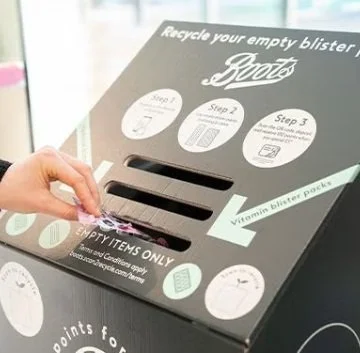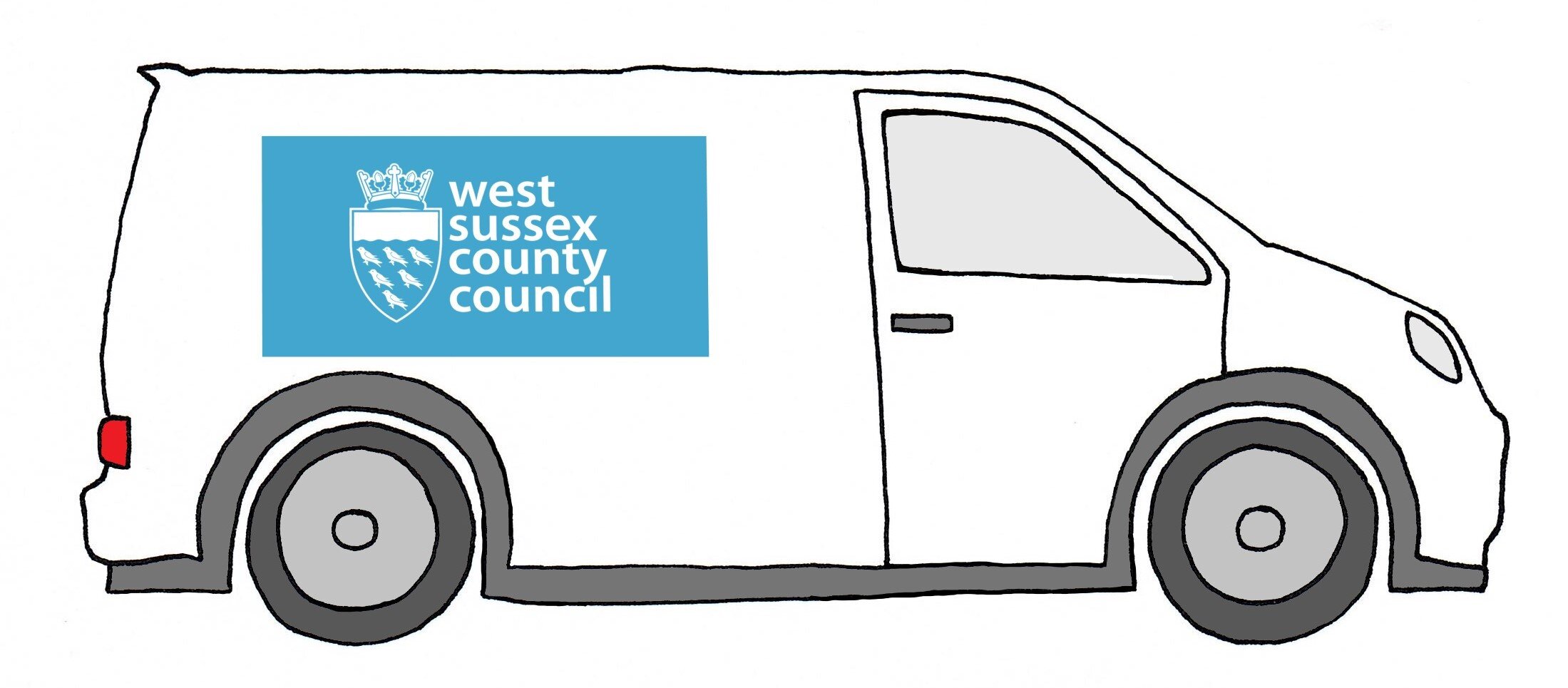Recycling tips for West Sussex
WSCC Recycling Ambassador Colin McFarlin regularly shares his knowledge with the community on the tricky matter of recycling in our domestic blue bins and food waste. We, here at Hurst Life, will be collecting all his invaluable tips and tricks and displaying them here on this handy online guide. We aim to add new recycling tips when they becomes available, so be sure to check back.
All the information collected here was correct at the time it went to press. To check it is still correct please email the editor at editor@hurstlife.co.uk.
Important note: All items for recycling should be:
Clean - free from food and drink leftovers
Dry - keep your recycling bin lid shut
Loose - no plastic bags.
Did you know that you now need to book an appointment to visit a recycling centre in West Sussex?
This is to cut down on long queues and give our staff more time to offer help and give you recycling advice. Here are the key points...
- Appointments are available 14 days in advance. www.westsussex.gov.uk/BookToRecycle
- You need to provide the registration number of the vehicle you will be attending the centre in when you book. If you are hiring a vehicle and this is unknown, you will be asked to show the hire paperwork at the centre.
- You need to provide the registration number of the vehicle you will be attending the centre in when you book. If you are hiring a vehicle and this is unknown, you will be asked to show the hire paperwork at the centre.
- Anyone using a Recycling Centre is still required to provide proof of residency in West Sussex. You will still need to show one form of identification.
MSDC app
MSDC have introduced a free app for mobile phones for recycling, and all their other services. Simply go to you usual app store on your smartphone, search for Mid Sussex District Council and install. It is free to download.
This is a single, easy to use app. On the front screen, you will see you can report online 12 different issues, from reporting dog fouling, a problem with a parked car, reporting an abandoned vehicle, and reporting a missed bin collection. Also, you can view all your own bin and waste collections and even set yourself a reminder to put the correct bins out.
Cans, tins & packs
Large household waste
Small electricals
Reducing black bin waste
Which plastic is recyclable plastic?
Till receipts
Paint
plastic and metal lids
General bin etiquette
Unwanted medicines
Plastic flower pots
Clothing and textiles
Metal milk bottle tops
Biodegradable and compostable materials
Aluminium foil
Soft plastic bags and packets
Wrapping paper, glitter and seasonal
Old computer cables and IT
Light bulbs and florescent lamps
Home Coffee Pods
Books
Toys
Cosmetic tubes
Toothpaste tubes
Candle Wax
Food waste
Supermarket food netting
Blister Packs
New information is added when it becomes available. Please check back periodically to keep up to date with all things recycling in West Sussex.






















